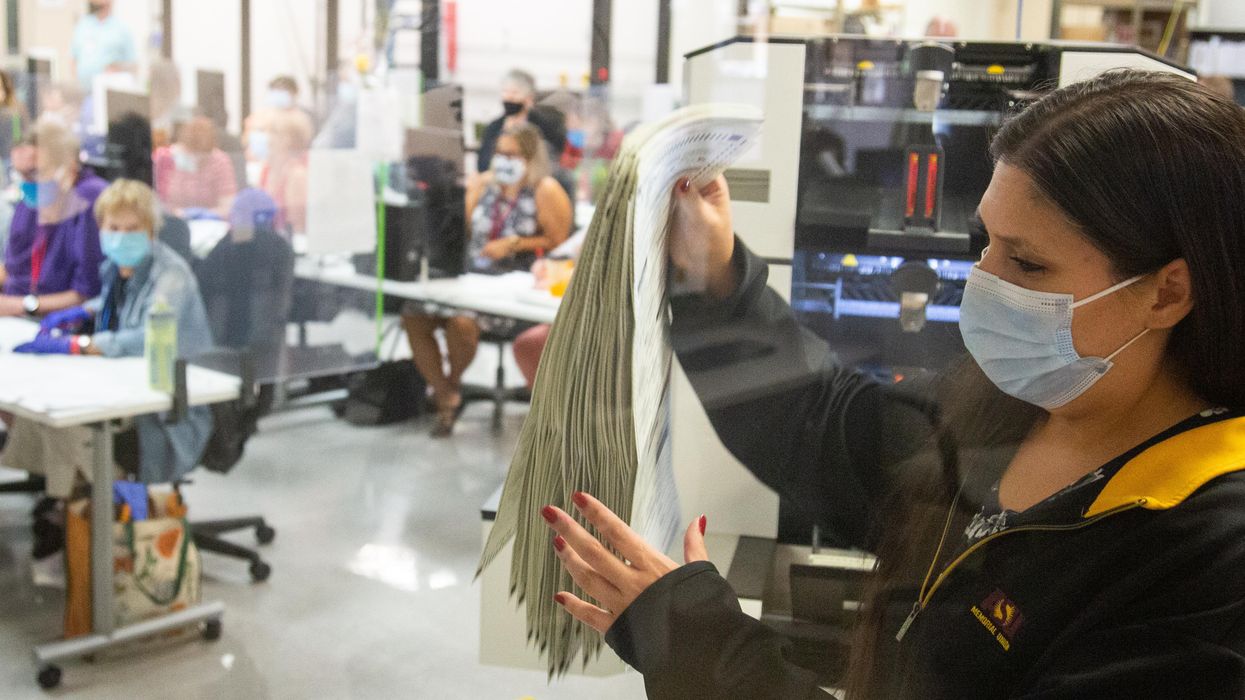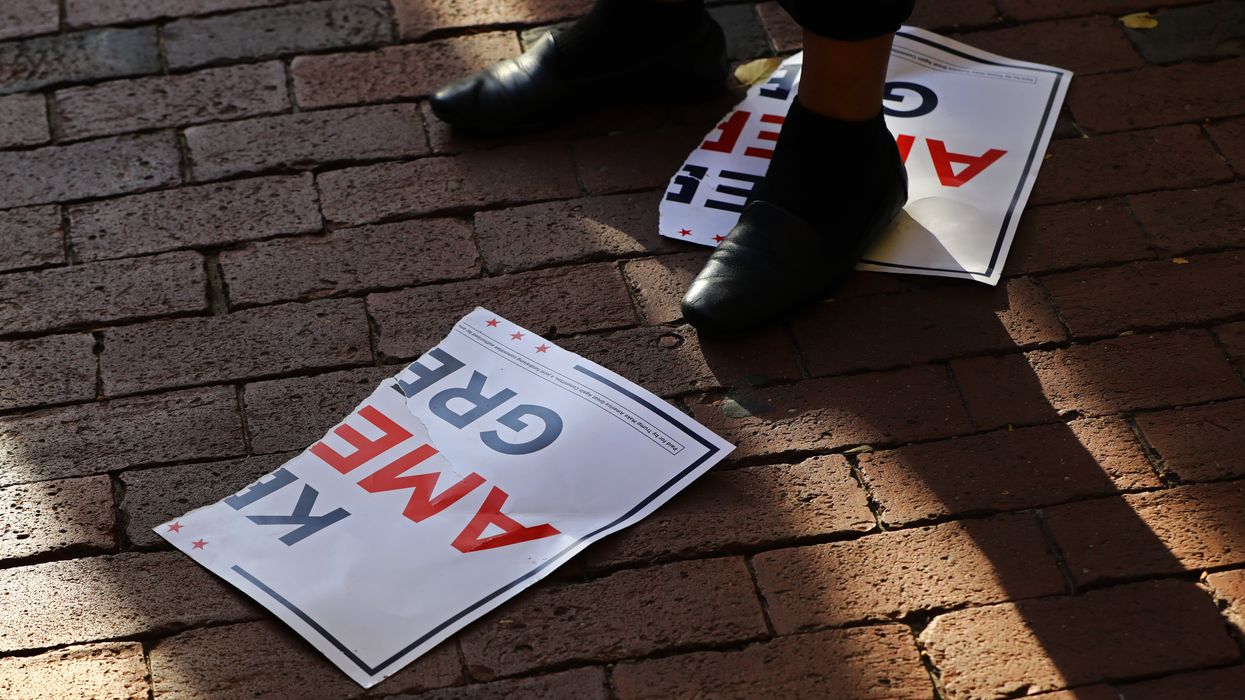Who can honestly say they are satisfied with the government? Government is an easy target for our angst and woes. We pay taxes, but what do we get for it? Seems like an endless and hopeless customer service failure. But the government isn't doing anything to us. The government is us.
When Ronald Reagan identified government as the problem in the 1980s, he intended to promote the idea of smaller government and more personal freedom. Given our endless human dissatisfaction with the government, a majority of people gravitated to his message. At the time, it was a clever turn of phrase that many of us took with good humor. But embedded in his cleverness were the seeds of separation, distrust and contempt for the system of government itself.
At the time, most people considered the government inefficient, but necessary. Business guru Peter F. Drucker is credited with saying he wasn't in favor of small or big government, but effective government.
Today, a sizable percentage of our fellow Americans consider the government to be corrupt, evil and tyrannical. Even elected officials, with power to make the government more effective in serving the common good, share this view.
But what if we have it all wrong?
A governing system is a significant part of how we manage to live in groups peacefully. The Constitution of the United States set in motion a governing system that allowed for self-interest to co-exist with common good. Not to dominate the common good, but to co-exist with it. This was radical in the 18th century when we were subjects to the monarchy — where only the monarch's self-interest mattered. Instead, we agreed to abide by the rule of law, and the government was granted credibility by the will of the people.
In order for our democratic republic to function effectively, we have to be as equally committed to the rule of law and the rights of others as we are to our individual freedom. It's a trifecta of priorities that cannot be separated.
Leading into the Great Depression, the stock market was at an all-time high. The oligarchs were profiting from a newly industrialized nation. Workers — from children to the elderly — were paid poverty wages to eke out their living. Alcohol prohibition led to increased violence and crime levels. Streets were filled with hungry and homeless people. The small government advocated by big business was failing to provide for the common good of all citizens.
Franklin Delano Roosevelt saw a role for government in ameliorating the excess of big business that dominated the self-interests of a few over the needs of the public. Like the Founding Fathers, he sought to disrupt the status quo where big business had influenced the government to benefit themselves. FDR's "New Deal"was a series of reforms that gave us a 40-hour work week, eliminated child labor, oversaw massive infrastructure projects and provided Social Security for the elderly.
Passing the dozen or so laws that made up the New Deal took time — about eight years. It involved obstruction by the Republicans. Some of the laws passed were struck down by a conservative Supreme Court. The Democrats threatened to pack the courts with more progressive judges. Within the Democratic coalition of women, African Americans and left-wing intellectuals, deals were struck.
Sound familiar?
In times of unrest and uncertainty, we look to scholars and pundits to predict the future.
In his write up in The Washington Post, Robert Kagan predicts that Trump loyalists will be running elections in counties across the nation and the state legislatures that have given themselves the power to invalidate election results. He labels this a current and ongoing constitutional crisis, which will lead to civil war. The demagogue wins in his analysis.
Robert Hubbell takes a more measured approach in his rebuttal, arguing that the violence pre-supposed by Kagan is a form of trauma from watching the events of Jan. 6, 2021m in a loop. He states that the Constitution allows for this and will be followed. Should election interference in 2024 invalidate the presidential election, the speaker of the House will become president, the courts will have a say and we'll have a new election in 2028. The rule of law wins in his analysis.
I'm more certain our path will follow the historical pattern. We have 14 months until the midterm elections. And 62 months until the next presidential election. That's a lot of time for Congress to pass legislation in the interests of the common good. It's a herculean task, to be sure. We need more people to vote. The will of the people wins in my analysis.
"Trying to predict the future is like trying to drive down a country road at night with no lights while looking out the back window. " ― Peter Drucker
Yes, predicting the future is fraught with risk. We'll have to live it out.




















